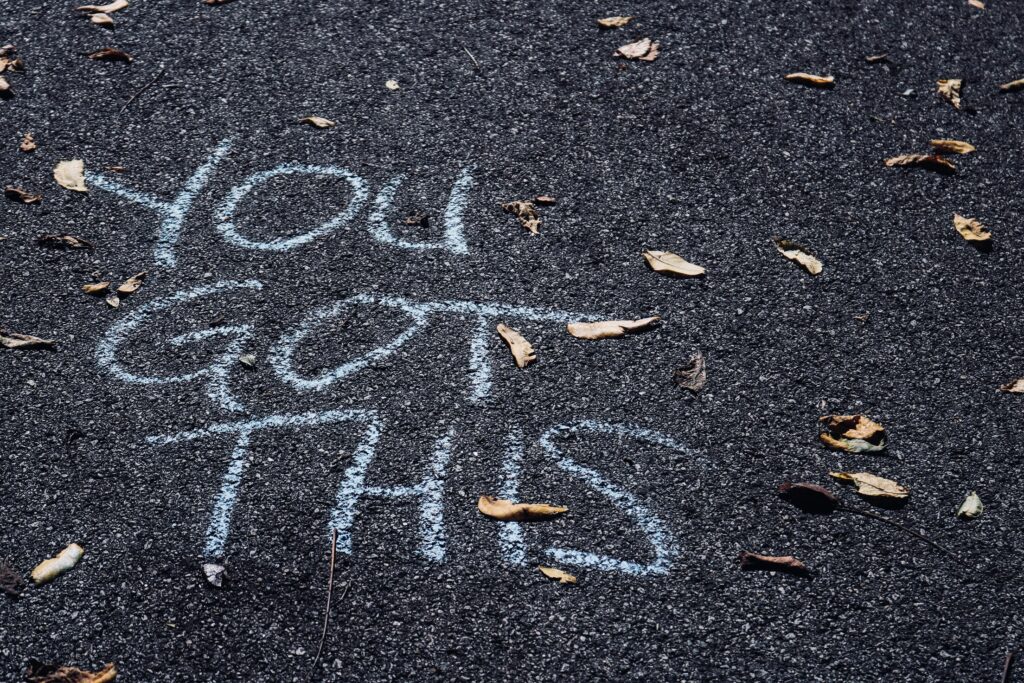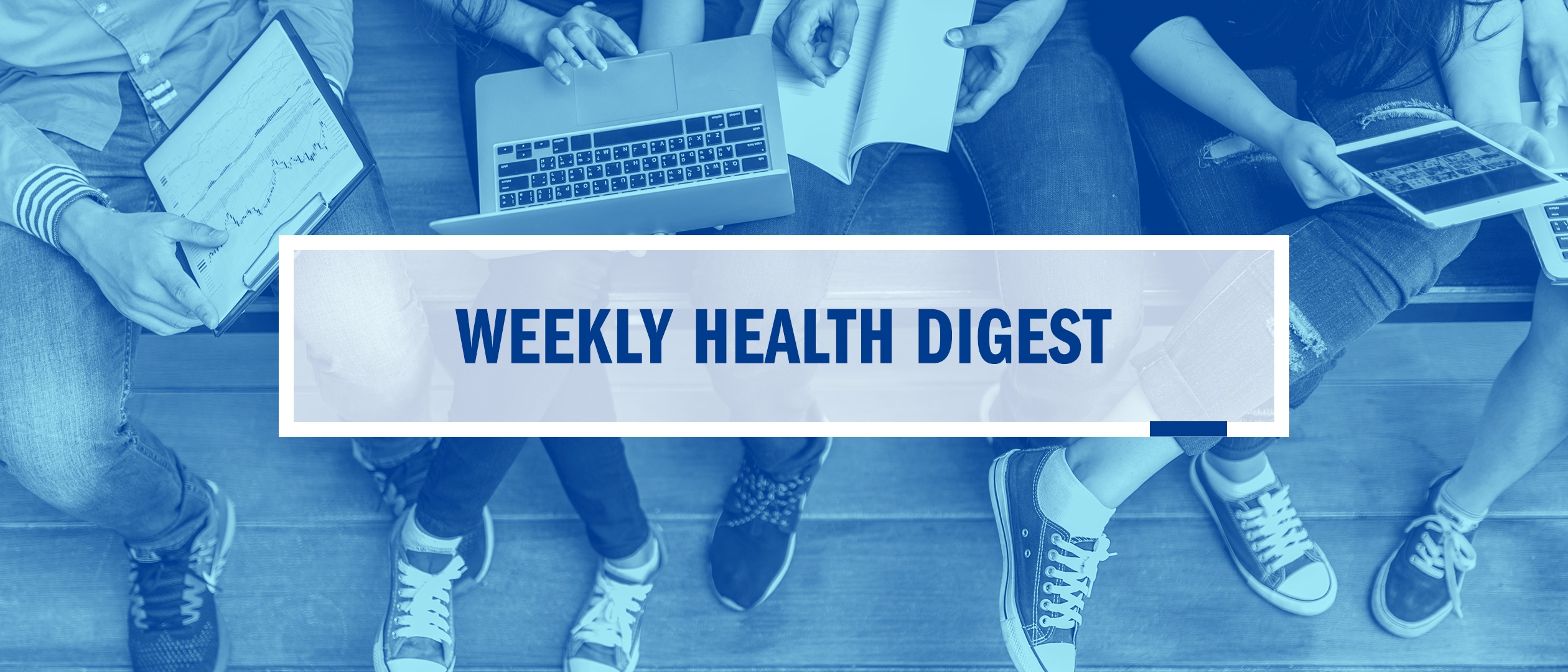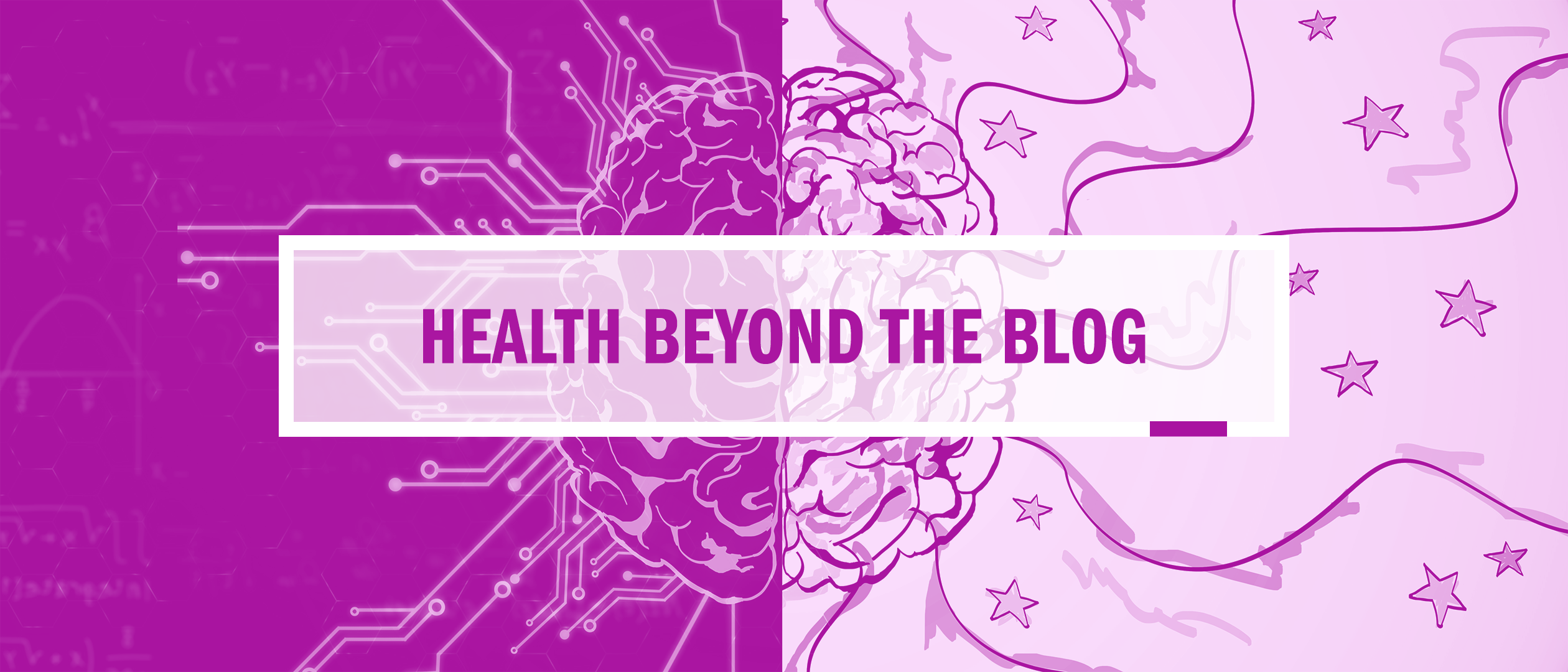New from the @EmoryCSHH News Team: As experts highlight the urgent need for an improved dengue vaccine, a new debate emerges about whether alcoholic beverages should carry cancer warning labels. Meanwhile, the author of "Anxious Generation" argues for granting children a "license to roam" to enhance their autonomy.

Editor’s Note: This post is part of a series of blog posts written by Human Health students in the Health 1,2,3,4 program’s Health 497 course — Community Health Education Strategies. To see an overview of the program and this series, please read this post.
What sets this Center for the Study of Human Health course apart from other courses in the Health 1,2,3,4 program at Emory? I found myself asking this question when deciding if I wanted to join the Health Emory Diabetes Prevention Program (DPP) health coaching path or return to King Middle School for another semester. Ultimately, I decided to join the DPP path. I wanted a new experience and the DPP path offered that. I had little understanding of what health coaching was, what it looked like, or how it was implemented. But over the past two semesters, I feel I have found answers to all my questions and enhanced my own professional development.
First and foremost, the HLTH 497 — Community Health Education Strategies course has been a privilege to be a part of. Being able to apply all you learn in your Human Health classes at Emory into the real world is rewarding and challenging. None more challenging than this experience: finding a health-related topic to present on, creating a presentation, learning health coach techniques, and then actually implementing health coaching techniques within group coaching sessions offered to DPP participants. The act of health coaching itself was a foray into effective communication, active listening, and trust, and I developed several important skills along the way. Firstly, in creating our presentation, my partner and I had to make sure our questions were clear and concise, and our participants wouldn’t get confused or lose track of the flow of the presentation. We learned through trial and error what worked and what didn’t regarding effective communication. Secondly, becoming a health coach really means learning how to listen. Like an interviewer, you must learn when to talk, when to pause, and when to let your participant speak. We learned how to guide the conversation without being overbearing. Serving as a student health coach taught me how to ask poignant questions, actively listen, and use the pause in conversation effectively. In my early sessions, I would get nervous if someone wasn’t speaking; I felt if someone wasn’t talking, nothing was being communicated. But, sometimes, you just have to take a little time to think.
Finally, as a student health coach, I learned to trust both my health coaching skills and trust the participants to take their health journey into their own hands. At first it felt very uncomfortable presenting to DPP participants, adults who have many more years of life experience than me; however, I learned how to get comfortable in this situation and take off my expert hat. I also came to the realization that participants can come up with their own solutions to address their personal barriers. Instead of telling them what to do, I provided the participants with tools and ideas to take charge of their own health.
What I am not saying in this blog is I have now become an expert in health coaching. Actually, I feel quite far from the mark of expert. But I feel the lessons I have learned through acting as a student health coach will serve me in my endeavors within the field of public health. These lessons combined with the unique target audience, participants in the DPP program, are what set this class apart from others in the Health 1,2,3,4 program. Through this course, I have learned that being an effective student health coach means allowing your participants to help themselves by giving them the opportunity and space to determine their next step in their health journey. I cannot think of a better lesson for future endeavors into public health, realizing the very people you are trying to help are really the experts. Thank you to the Health 1,2,3,4 program for giving me this opportunity.
~Egan Kattenberg
To learn more about the Health 1,2,3,4 program, visit the program webpage. For more information about collaborative partnership opportunities, contact program director Lisa DuPree at madupre@emory.edu.

